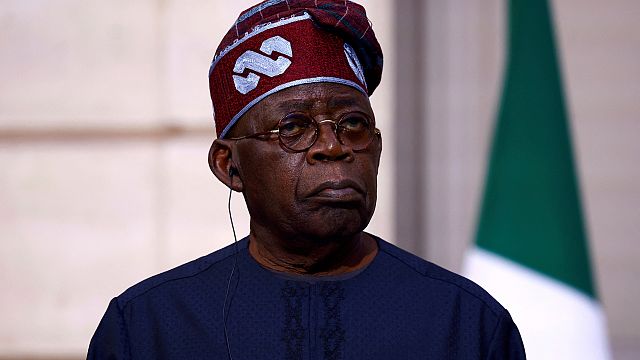In a move that has stirred political waters across Nigeria, the ruling All Progressives Congress recently made a significant announcement during a party summit in Abuja. The party officially endorsed President Bola Tinubu for a second and final term in office, solidifying his position as a key player in the country’s political landscape. This endorsement, coming on the heels of Tinubu’s second anniversary in office, marks a pivotal moment in Nigerian politics.
At 73 years old, Tinubu’s leadership has not been without its controversies. Following his victory in the February 2023 election, allegations of electoral fraud surfaced from his main challengers. Despite legal challenges and claims of a rigged election, Tinubu has consistently maintained that his win was legitimate. The endorsement from the APC underscores the party’s confidence in his ability to lead and continue the economic reforms initiated during his tenure.
One of the central pillars of Tinubu’s presidency has been the implementation of bold economic policies aimed at driving growth and development. Initiatives such as the abolition of the long-standing fuel subsidy and the liberalization of the exchange rate have garnered both praise and criticism. While these measures have received accolades from international bodies like credit rating agencies and the IMF, they have also contributed to rising inflation and a significant cost-of-living crisis for many Nigerians.
Despite facing mounting criticism over economic hardships and ongoing security challenges, Tinubu’s influence remains formidable. His diplomatic efforts, such as the meeting with French President Emmanuel Macron in 2024 to strengthen international partnerships, highlight his commitment to advancing Nigeria’s interests on the global stage. In contrast, the opposition has struggled to present a united front, grappling with internal divisions and the fallout from prominent defections.
As the country gears up for the 2027 election, Tinubu’s endorsement by the ruling party sets the stage for a contentious and closely watched campaign. The implications of his potential re-election extend beyond Nigeria’s borders, with regional and international stakeholders closely monitoring the unfolding political dynamics. The outcome of the election will not only shape the future trajectory of Nigeria but also have broader implications for the African continent as a whole.
In conclusion, the endorsement of President Bola Tinubu for the 2027 election represents a pivotal moment in Nigeria’s political landscape. Amidst economic challenges, security concerns, and a shifting regional context, Tinubu’s leadership faces both scrutiny and support. As the country navigates the complexities of governance and democracy, the upcoming election will serve as a litmus test for the nation’s democratic institutions and its aspirations for a prosperous future.
Originally reported by Africa News
Read more at: http://www.africanews.com/2025/05/23/nigeria-ruling-party-endorses-tinubu-for-2027-election/

